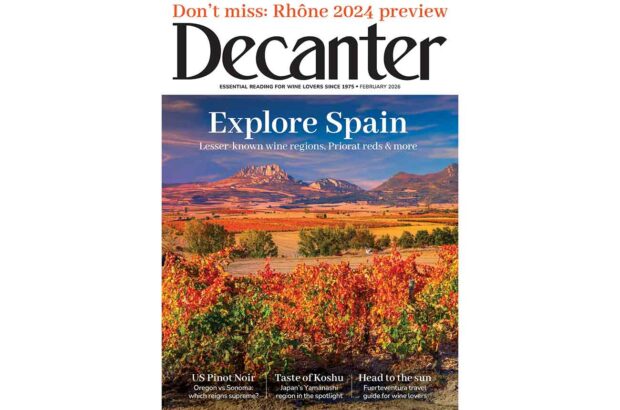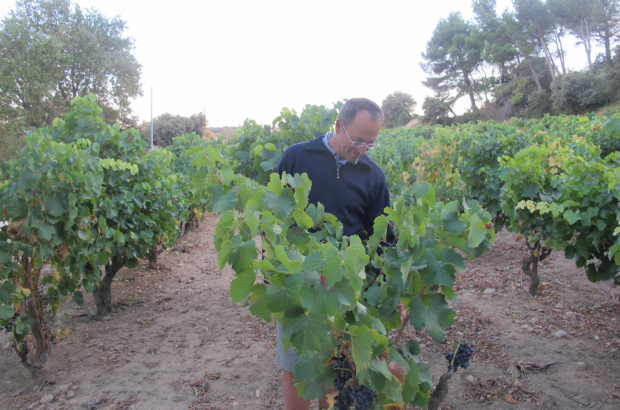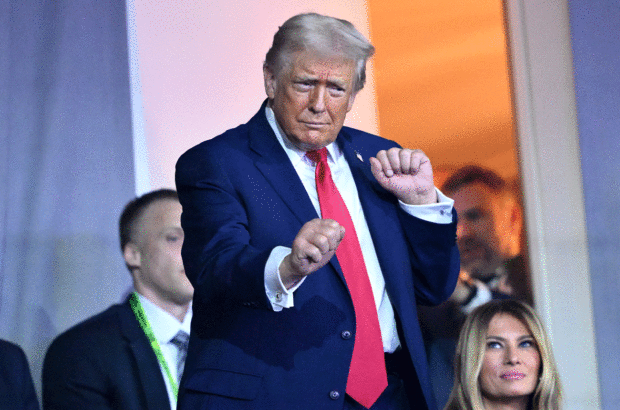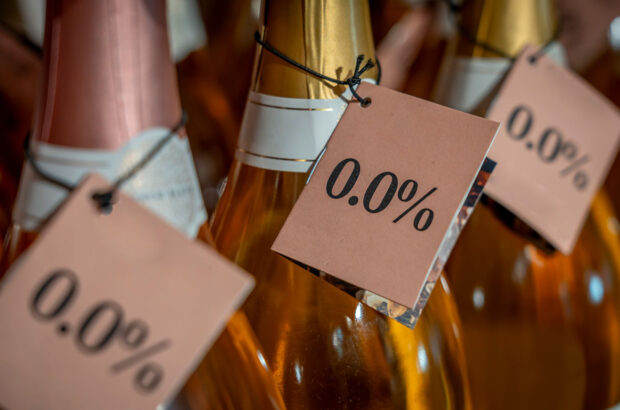A heated debate at this year's Masters of Wine symposium pitched scientists against winemakers over the possible use of genetically modified grapevines to combat climate change and disease.
José Vouillamoz talks to Masters of Wine about grape genetics
Swiss geneticist and author José Vouillamoz told the four-day meeting of MWs in Florence, Italy, that genetically modified (GM) grapes might ‘solve quite a few problems’ in the fight against vine diseases and climate.
He speculated that it might be normal for top estates like Domaine de la Romanee-Conti to use GM grapes around 100 years from now.
The debate took on extra relevance after a court of appeal in Eastern France last week repealed the convictions of 54 protesters who destroyed a government-run crop trial of genetically modified vines.
In Florence, winemakers among the 400 conference goers bristled at the idea of GM vineyards.
Olivier Humbrecht MW, of Domaine Zind Humbrecht in Alsace and the first French MW, told Decanter.com that using GM crops to fight disease or anticipate climate change would be like ‘using weapons of mass destruction’ that ‘could solve one problem but create many others’.
He said less radical solutions exist, such as changing grapes or creating hybrids. He added GM would also lead to over-reliance on only a small number of grapevine clones, and so damage biodiversity. He currently selects cuttings from the most desirable older vines in the vineyard, which he said helps him to reflect terroir.
He also stressed the ‘unknown factor’ of GM crops: ‘Who is to say that developers would not make a mistake? Look at what has happened with genetically modified cotton in India, which became vulnerable to new diseases.’ He added, ‘I’m all for people doing what they want, but this could result in the spread of GM to non-GM vineyards.’
Other scientists at the conference, including Dr Hans-Reiner Schultz, the Geisenheim University president, and researcher Peter Godden, of the Australian Wine Research Institute, highlighted research into GM yeasts and rootstocks, which could eventually be engineered to grow deeper into soils and so help vines to combat rising surface soil temperatures.
But, Schultz acknowledged that public acceptance is ‘so low’ that introducing GM vines would be ‘a very, very difficult thing’.
Jean-Michel Valette, chairman of the Institute of Masters of Wine, said that, while he understands winemaker scepticism, scientists are merely looking at possibilities ‘to have a palette of tools that could be used’.
Written by Panos Kakaviatos in Florence







